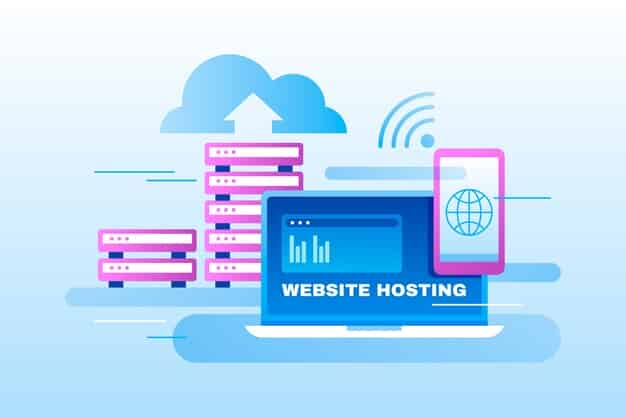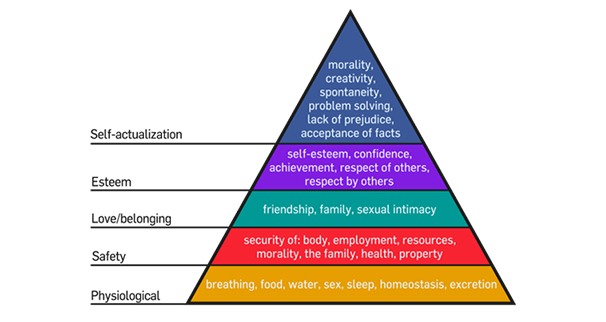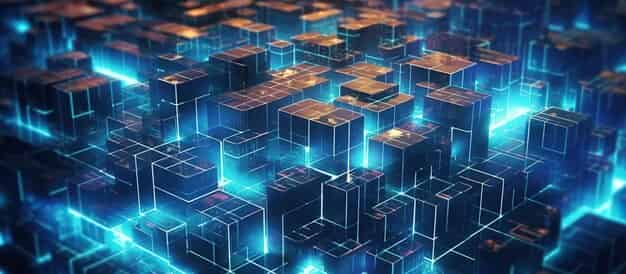Digital Economy: What It Means
Mia Wilson
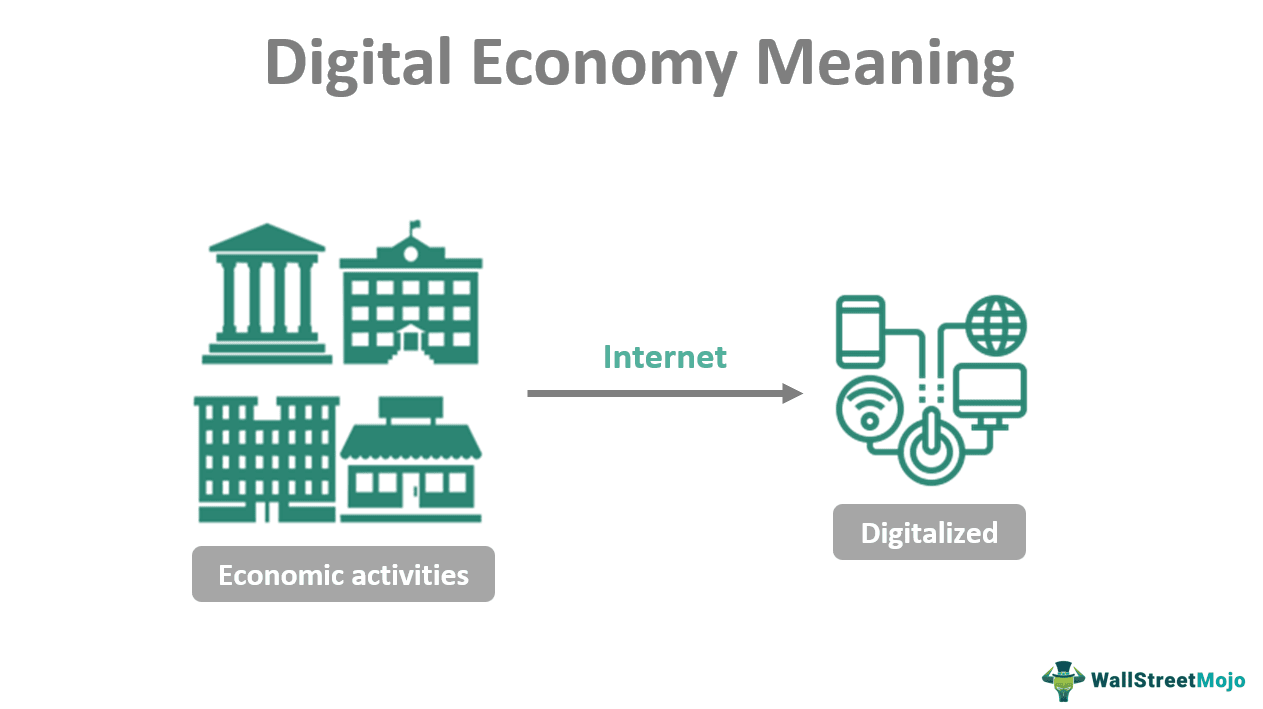
Photo: Digital Economy: What It Means
Digital Economy: What It Means
Introduction
The digital economy has become a cornerstone of modern life, reshaping industries, altering business models, and redefining how individuals and organizations interact with markets. But what exactly is the digital economy? Broadly speaking, it refers to an economy that is based on digital technologies, encompassing everything from online services and e-commerce to cloud computing, data analytics, and beyond. In this article, we’ll explore the meaning of the digital economy, its key components, its benefits and challenges, and what it means for the future of global commerce.
What Is the Digital Economy?
The term digital economy describes economic activities driven by digital technologies and digital data. It covers a wide range of sectors, including e-commerce, digital media, financial technology (fintech), and the sharing economy. Unlike the traditional economy, where physical goods and services dominate, the digital economy revolves around intangible assets such as data, digital platforms, and intellectual property.
The rise of the digital economy began in the late 20th century with the advent of the internet and personal computers. Over the past three decades, technological advancements have accelerated its growth, leading to a fundamental transformation in how businesses operate and deliver value to customers.
Key Components of the Digital Economy
1. Digital Platforms
Digital platforms are at the heart of the digital economy. These platforms facilitate interactions between users, businesses, and services, enabling everything from online marketplaces like Amazon and eBay to social media platforms like Facebook and LinkedIn. Companies leveraging digital platforms can scale their operations quickly, access global markets, and offer personalized services.
2. Data as a Resource
In the digital economy, data is often considered the new oil. Companies collect, analyze, and monetize vast amounts of data to gain insights into consumer behavior, optimize processes, and create targeted marketing strategies. Data-driven decision-making is now a critical aspect of success for businesses in the digital era.
3. E-commerce and Digital Payments
E-commerce has become a major driver of the digital economy. Online shopping platforms, from giants like Alibaba and Shopify to niche players, have made it easier for consumers to purchase goods and services from anywhere in the world. Digital payment systems, such as PayPal, Apple Pay, and cryptocurrency, further facilitate seamless transactions, reducing the friction of traditional payment methods.
4. Cloud Computing and Infrastructure
The digital economy relies heavily on cloud computing to store, manage, and process data. Cloud services provided by companies like Amazon Web Services (AWS), Microsoft Azure, and Google Cloud have become essential infrastructure for businesses looking to scale efficiently while minimizing upfront costs.
5. Artificial Intelligence and Automation
Artificial intelligence (AI) plays a significant role in the digital economy by automating tasks, enhancing decision-making, and improving customer experiences. From chatbots providing customer support to algorithms predicting market trends, AI technologies are transforming every aspect of the digital business landscape.
Benefits of the Digital Economy
1. Increased Efficiency
The digital economy enhances efficiency by streamlining processes, reducing costs, and minimizing human errors. Automated systems, digital communication tools, and cloud-based solutions allow businesses to operate more effectively.
2. Global Reach
One of the most significant advantages of the digital economy is its global nature. Companies can reach international markets with minimal barriers, enabling even small businesses to compete on a global scale.
3. Innovation and New Opportunities
Digital technologies have unlocked countless opportunities for innovation. Startups can launch disruptive business models, while existing companies can develop new products and services that wouldn’t have been possible in a purely physical economy.
4. Job Creation
Although automation has raised concerns about job displacement, the digital economy has also created new roles in fields such as software development, digital marketing, data analysis, and cybersecurity. The demand for digital skills continues to grow, offering new career paths for workers.
Challenges of the Digital Economy
1. Digital Divide
One of the biggest challenges is the digital divide the gap between those who have access to digital technologies and those who do not. Inequitable access to the internet and digital tools can exacerbate social and economic inequalities.
2. Cybersecurity Risks
As more economic activities move online, the risk of cyberattacks increases. Businesses and consumers alike face threats from hackers, data breaches, and online fraud. Strengthening cybersecurity measures is critical to maintaining trust in the digital economy.
3. Privacy Concerns
The digital economy relies heavily on personal data, raising significant privacy concerns. Regulatory frameworks such as the General Data Protection Regulation (GDPR) in the European Union aim to protect individuals’ privacy, but challenges remain in balancing innovation with privacy rights.
4. Regulatory and Taxation Issues
Governments face the challenge of developing policies that regulate digital activities without stifling innovation. Additionally, tax policies must adapt to a world where digital businesses operate across borders, often complicating traditional taxation models.
The Future of the Digital Economy
The digital economy will continue to evolve rapidly as new technologies emerge. Key trends shaping its future include the expansion of the Internet of Things (IoT), the growth of 5G networks, and the increased use of blockchain technology for secure transactions. Moreover, as artificial intelligence becomes more advanced, its impact on the economy will likely deepen, creating both opportunities and challenges for businesses and workers.
Governments, businesses, and individuals must adapt to these changes by investing in digital infrastructure, developing digital skills, and fostering innovation-friendly environments. Policies that promote digital inclusion, cybersecurity, and fair competition will be essential for ensuring that the digital economy benefits society as a whole.
Conclusion
The digital economy is reshaping how we live, work, and interact with the world. It offers immense potential for economic growth, innovation, and job creation, but also presents significant challenges in terms of access, security, and regulation. As we move further into the digital age, understanding what the digital economy means and how to navigate its complexities will be crucial for businesses, policymakers, and individuals alike.
By embracing the opportunities and addressing the challenges head-on, societies can unlock the full potential of the digital economy, paving the way for a more connected, innovative, and inclusive future.
For You
View AllExplore the top EV charging networks for seamless electric vehicle travel. Find the most reliable and widespread options today!
Mia Wilson
Discover the advantages of urban microcars for city living, from parking ease to eco-friendliness. Learn why they’re the future!
Mia Wilson
Discover the importance of physical education, its benefits, and why it's crucial for overall development. Learn more now!
Mia Wilson
Discover the key differences between VPS and shared hosting for your website.
Mia Wilson
Explore the basics of consumer behavior theory and its impact on marketing strategies. Click to understand buying habits!
Mia Wilson
See how blockchain is improving transparency and efficiency in supply chains.
Mia Wilson
Health










Education
View All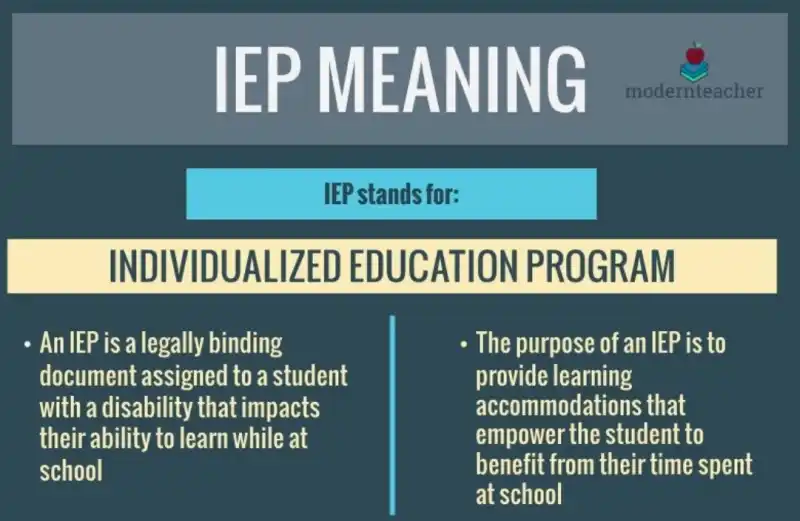
May 15, 2025
What Does IEP Stand for in Education?
Learn what an IEP is, its purpose in supporting students with special needs, and how it benefits learning. Find out now!

May 20, 2025
What Is Health Education?
Discover the importance of health education in promoting wellness and preventing diseases. Start your journey to health today!

May 19, 2025
What Is Tertiary Education?
Understand tertiary education, its levels, and how it prepares students for advanced careers. Explore your options now!



